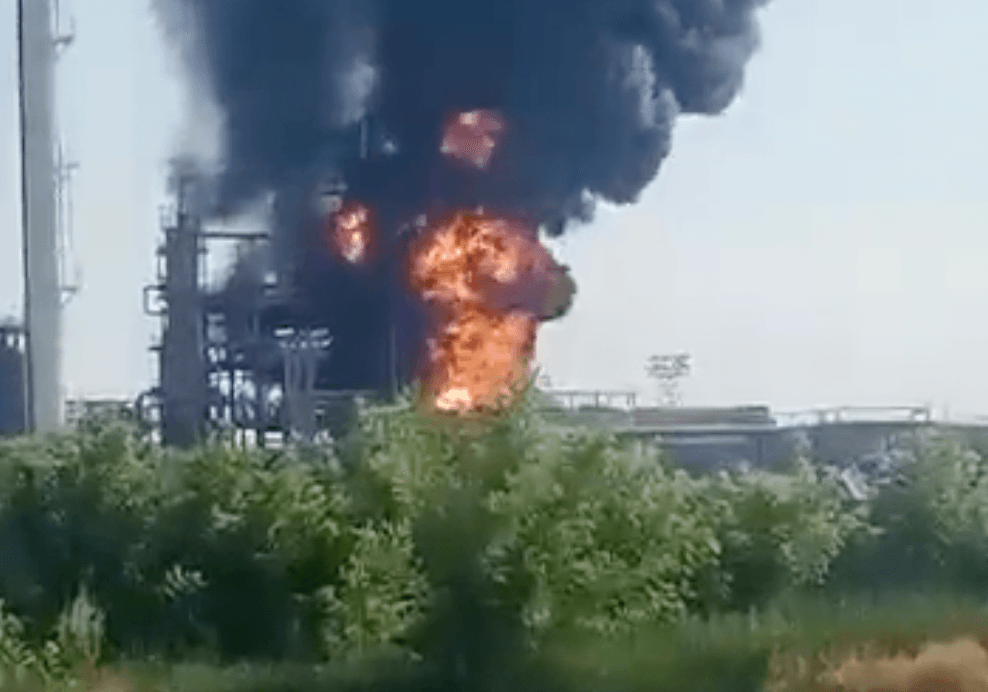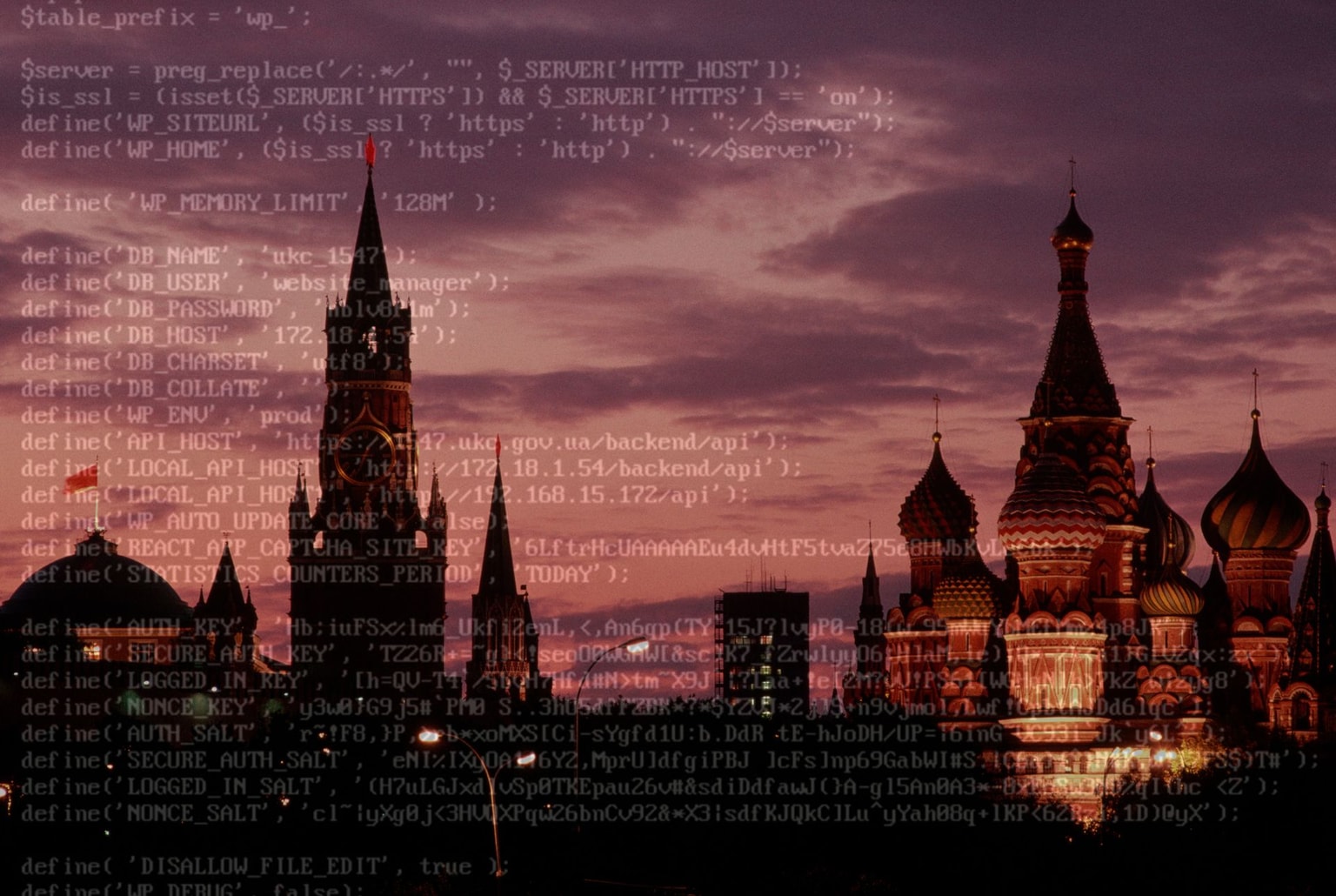Russian oil refinery formerly owned by Medvedchuk’s wife ablaze in Rostov region

A massive fire broke out on June 22 at the Novoshakhtinsk Oil Refinery in Rostov Oblast in what appeared to be a drone attack.
According to Russia, the attack was carried out by Ukraine. Russian regional authorities said the fragments of two drones were found on the plant's territory.
A video shared on social media, filmed allegedly near the refinery, showed what appeared to be a kamikaze drone crashing on the plant and sparking the fire. Novoshakhtinsk Oil Refinery, which suspended its operation after the explosion, had a production capacity of up to 7.5 million tons of oil per year.
The plant was well-known in Ukraine after Schemes, a journalist investigation project, found that the plant was owned by Oksana Marchenko, the wife of Ukrainian lawmaker Viktor Medvedchuk, known for his close ties with Russian President Vladimir Putin.
According to Russian records, Medvedchuk’s wife sold the plant in April.
Putin is the godfather of Medvedchuk’s daughter, while the lawmaker has been widely seen as Kremlin’s point man in Ukraine.
Medvedchuk is accused of high treason and is currently kept in pretrial detention. Medvedchuk is facing 15 years in jail if proven guilty.
This isn’t the first instance of a Russian oil refinery catching fire near Ukrainian borders. Every time Russian authorities have blamed Ukraine, with footage of military aircraft attacking the sites surfacing the internet.
Ukraine neither confirms nor denies attacks being carried out on Russian territory.
Explosions
The explosion at Novoshakhtinsk took place about 150 kilometers east of Russian-occupied Donetsk, which itself lays a dozen kilometers behind the current front line.
According to local authorities, the fire was extinguished within two hours.
A video, of what appeared to be an attack on the refinery, records two men discussing the flying object they are filming, with both agreeing that it can’t be a Ukrainian drone.
Moments later an explosion occurs.
This isn’t the first attack on a Russian fuel plant.
A large fire had erupted on April 25 at a Russian oil depot in Bryansk, a city 150 kilometers north of Ukraine’s borders.
The incident followed another fire at an oil storage depot in Belgorod, also near Ukraine’s border. Russian regional authorities described it as an attack by two Ukrainian helicopters.
A video shared on Twitter showed a blaze near apartment blocks in Belgorod, 40 kilometers from the border, with some clips appearing to show helicopters approaching the oil depot.
Ukraine's top security officials denied that Ukrainian forces were behind the attack.
"For some reason, they are saying we are behind it. This does not correspond with reality," National Security and Defense Council Secretary Oleksiy Danilov said back then.










